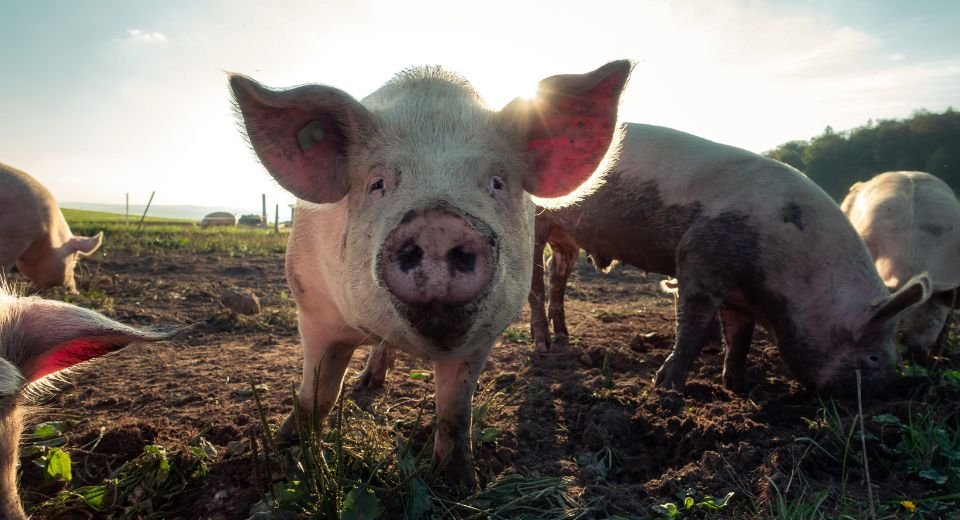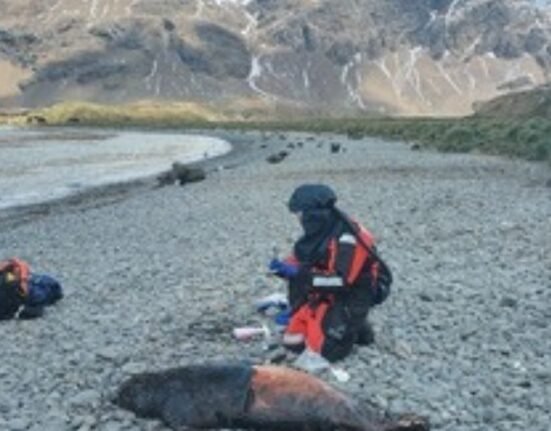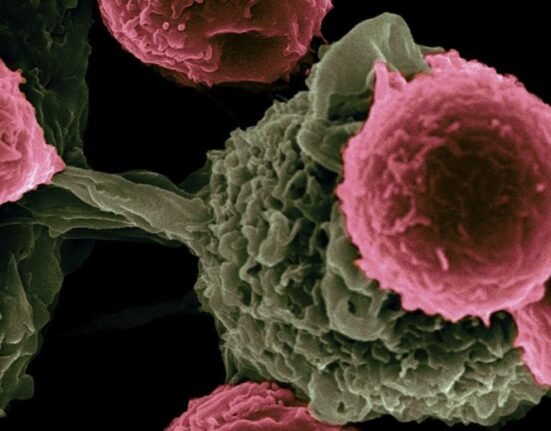HQ Team
February 14, 2023: Authorities in Hong Kong culled all the pigs that tested positive for African swine fever in the Ta Kiu Ling farm, according to a government statement.
The Agriculture Fisheries and Conservation Department (AFCD) took the samples on February 11 from the local firm and “launched a disposal operation” two days later, according to the statement from the department.
“According to the contingency plan on ASF (African swine fever), the AFCD sent staff to dispose and handle 107 pigs at about 8 a.m. today on the licensed farm in Ta Kwu Ling, Sheung Shui,” a spokesman of the department said.
“All disposed of pigs were sent to West New Territories Landfill for dumping according to established procedures.”
African swine fever (ASF) is a highly contagious viral disease of domestic and wild pigs, whose mortality rate can reach 100%, according to the WHO.
Humans not in danger
It is not dangerous to human health but has devastating effects on pig populations and the farming economy. There is currently no effective vaccine against ASF.
The virus is highly resistant to the environment, meaning it can survive on clothes, boots, wheels, and other materials.
It can also survive in various pork products, such as ham, sausages or bacon. Human behaviour can be essential in spreading this pig disease across borders if adequate measures are not taken.
Thorough cleaning and disinfection will be continued on the farm. “The AFCD will continue to investigate and trace the source of the virus.
“For the sake of prudence, the AFCD still suspends transport of pigs from the five pig farms within three kilometres of the index farm. AFCD staff will continue close surveillance on the situation of these five farms.”
The department is trying to safeguard the biosecurity of local pig farms and prevent the spreading of pathogens amongst farms.
Steps to reduce transmission
The government has carried out a series of measures to reduce the risk of disease transmission, the spokesman said.
It has restricted local pig vehicles to carry live pigs from only one licensed pig farm during each trip to the slaughterhouse.
The AFCD has also set standards to avoid spillage from local pig vehicles to minimise spillage of pig wastes.
It has commissioned contractors to carry out thorough cleaning and disinfection at designated locations within Sheung Shui slaughterhouse and Tsuen Wan slaughterhouse to all local pig vehicles before they exit the slaughterhouses.
The AFCD has also introduced licensing conditions for rearing pigs to ban the feeding of garbage and food refuse that may contain or have been in contact with food made of pork or pork-product to pigs.
Guidelines on cleaning
AFCD is raising awareness through various channels on the prevention of fever. Measures include producing and distributing relevant guidelines on cleaning and disinfection, posters, meeting with the trade, organising seminars and inspecting local pig farms regularly.
According to the statement, the government would keep local pig farms under close surveillance and step up inspection and conduct tests if necessary.
Swine fever is not a zoonotic disease and will not infect humans, hence does not cause any food safety risk, the spokesman said.
Pork cooked thoroughly is safe for consumption. “Members of the public do not need to be concerned. The incident does not affect the operation of local slaughterhouses nor the overall supply of live pigs.”





